Nyan htoo was just like any happy bear living as a rescue case in a Myanmar monastery. But last year, the monks there realized that Nyan htoo was not like any other bear.
They were shocked and concerned when the bear's tongue started swelling up — and wouldn't stop growing. It became so large, it nearly rivaled the size of his head.
Vets were called to operate on the poor animal. They removed some excess tissue, but the swelling always came back. Nyan htoo's head grew so heavy that he often had to rest it against the bars of his enclosure. His tongue even dragged on the ground.
Then, this past June, a team of experts were called to help resolve the medical issue. They decided to simply amputate the tongue and removed about 6.6 pounds of flesh from the bear's mouth.
As for what was causing the medical mystery, the vets believe that it was tropical disease known as lymphatic filariasis, or elephantiasis, which is transferred via mosquito bites. It's a parasitic disease that causes swelling. It's known to affect humans, but this is the first it's been seen in a bear.
But thankfully for Nyan htoo, the ordeal is over!
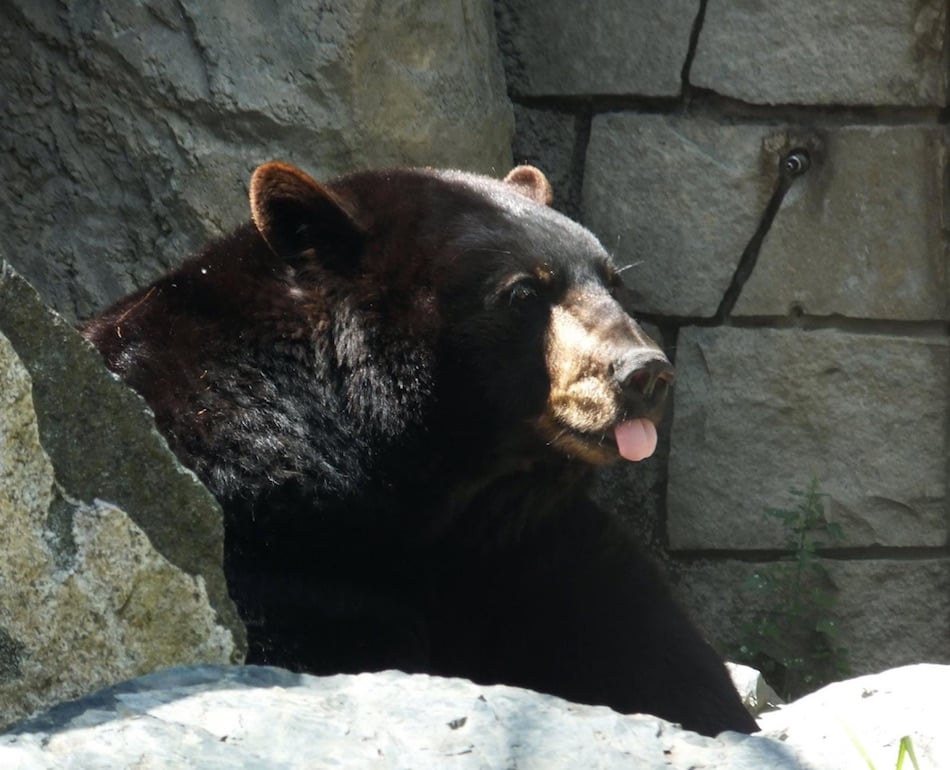
Nyan htoo is a bear living in a monastery's sanctuary in Myanmar.
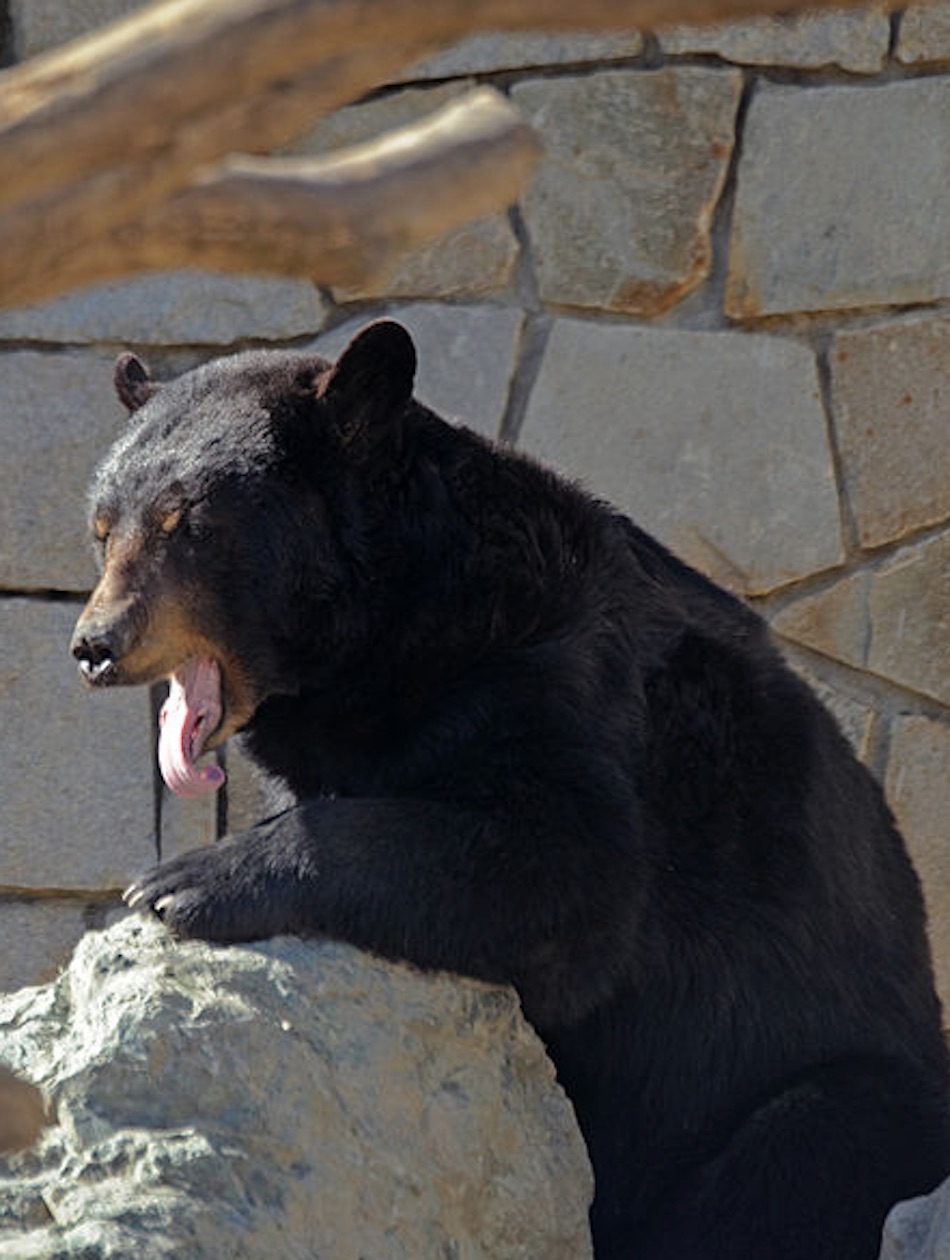
The bear was like any other happy bear — until last year when his tongue started growing, swelling to an incredible size.
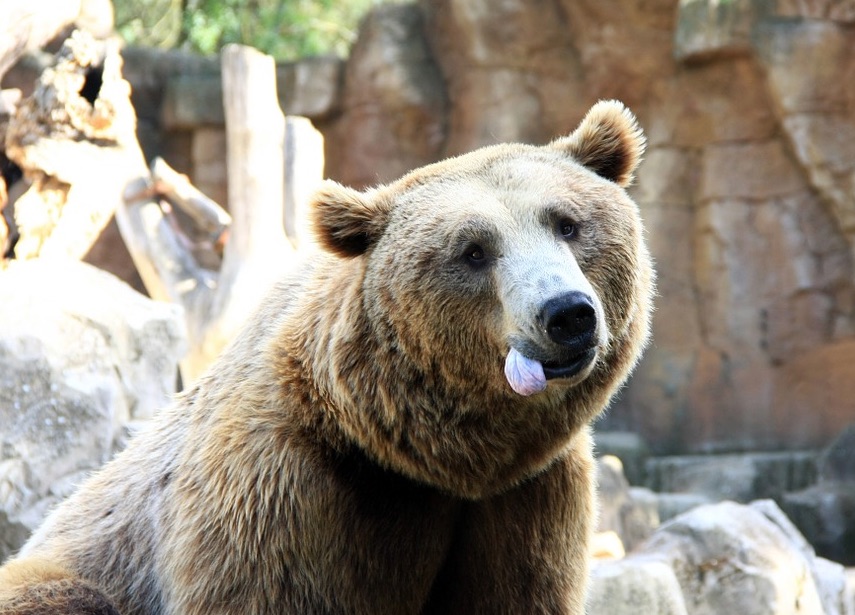
This was a medical mystery the monks couldn't crack.
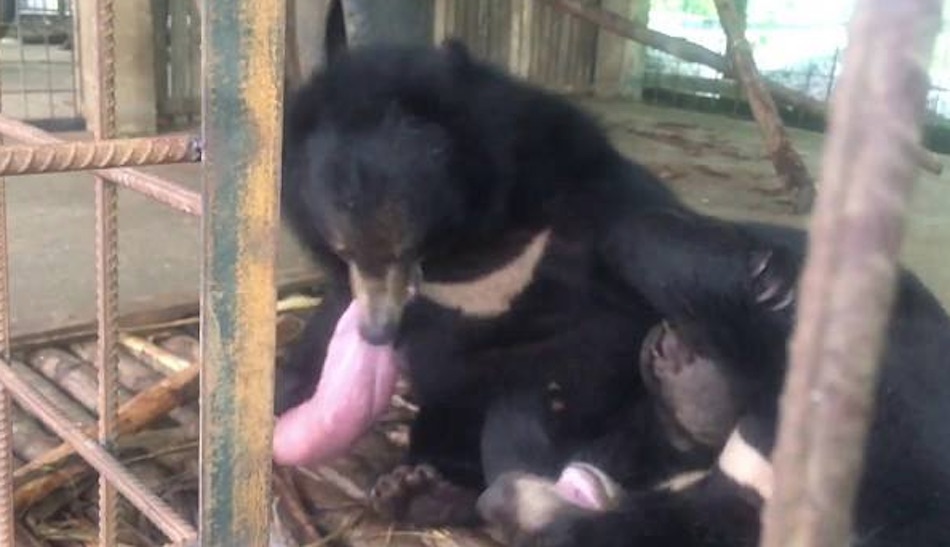
Vets were called to operate on the tongue, but every time they removed flesh, it just grew back.
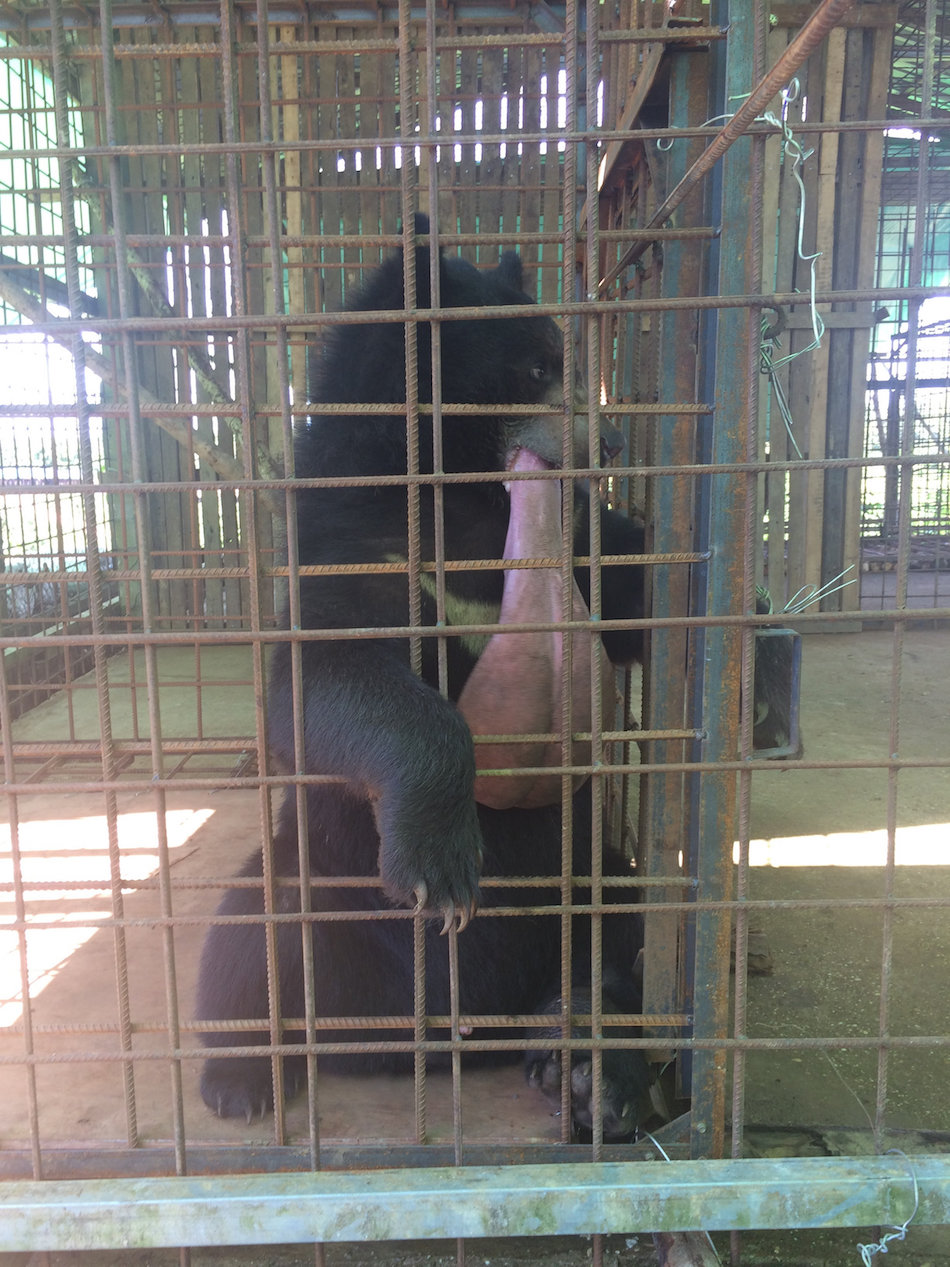
The poor animal's tongue was so swollen and heavy that he often had to rest his head against the bars of his cage.
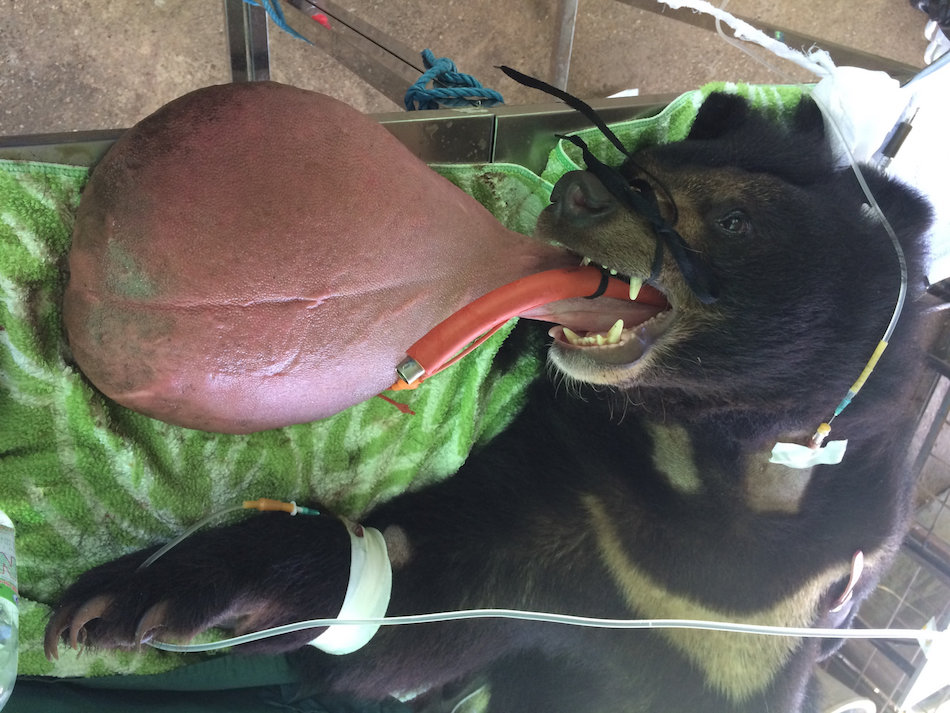
Finally, an international team of experts weighed in on the case.
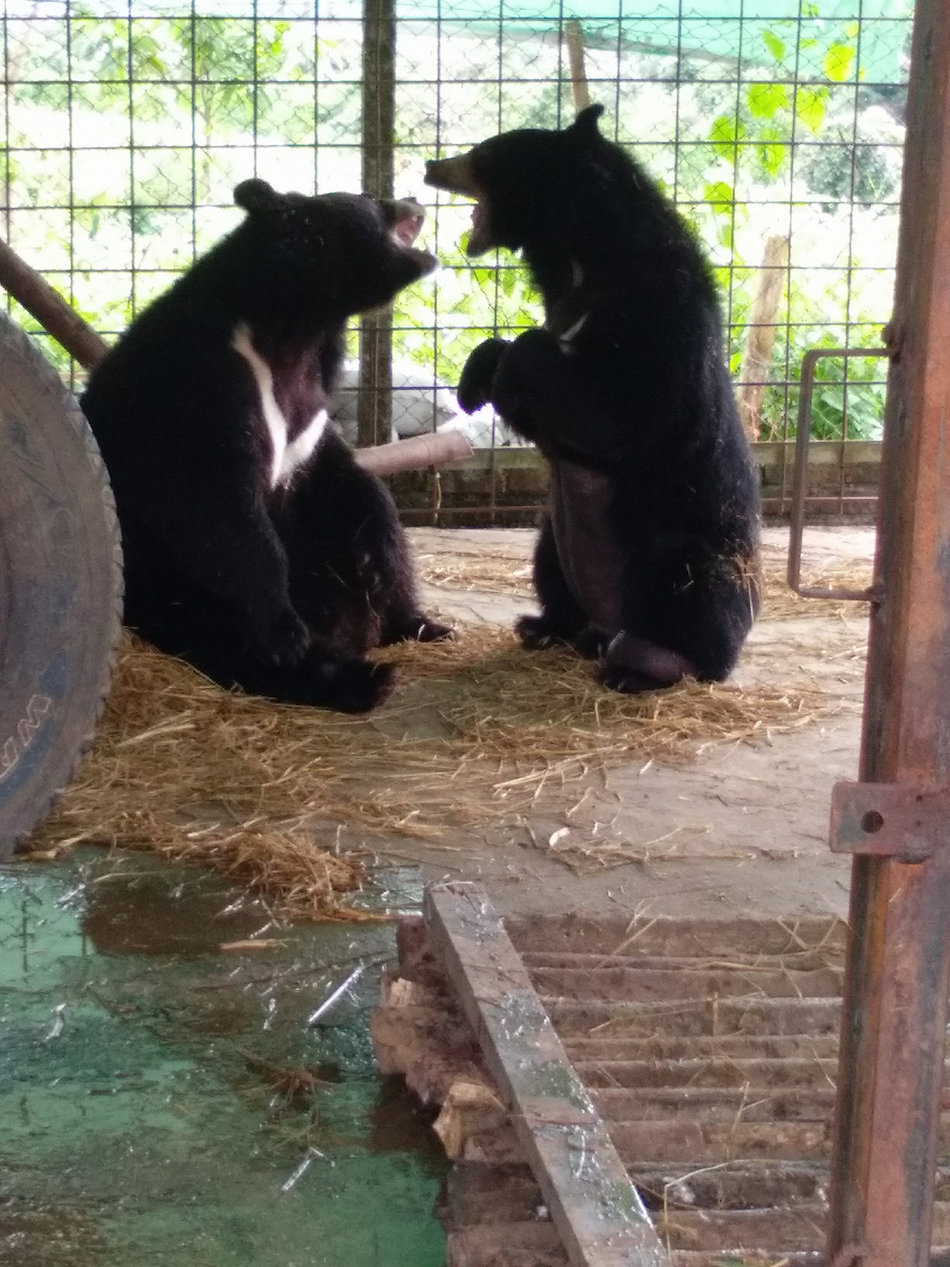
They decided to amputate the tongue, and the operation was thankfully successful.
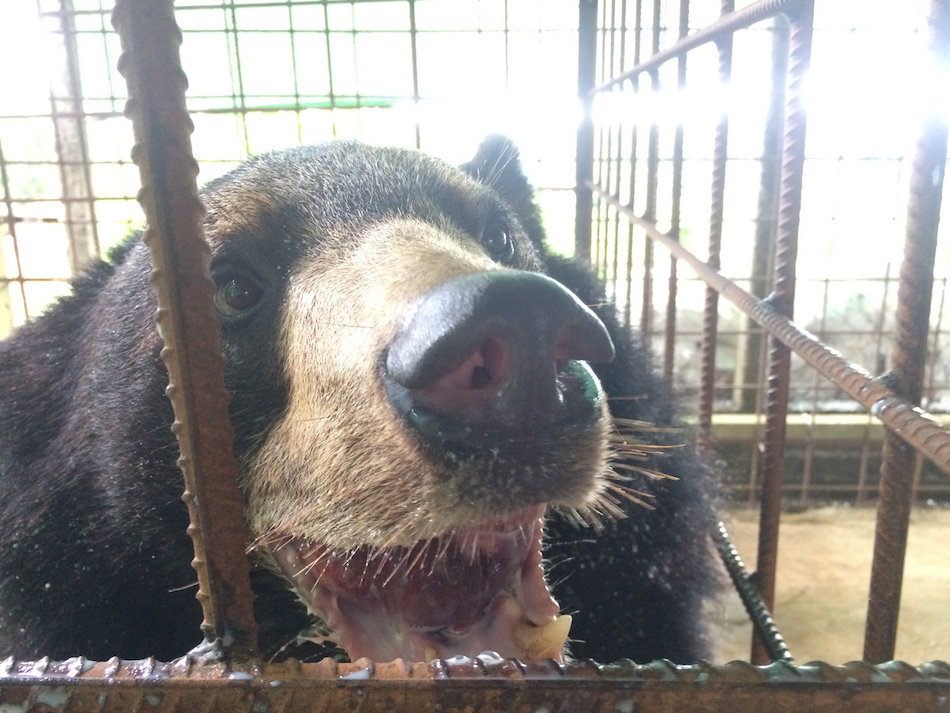
Since June, Nyan htoo can eat and sleep more comfortably and even play with his brother in their enclosure!
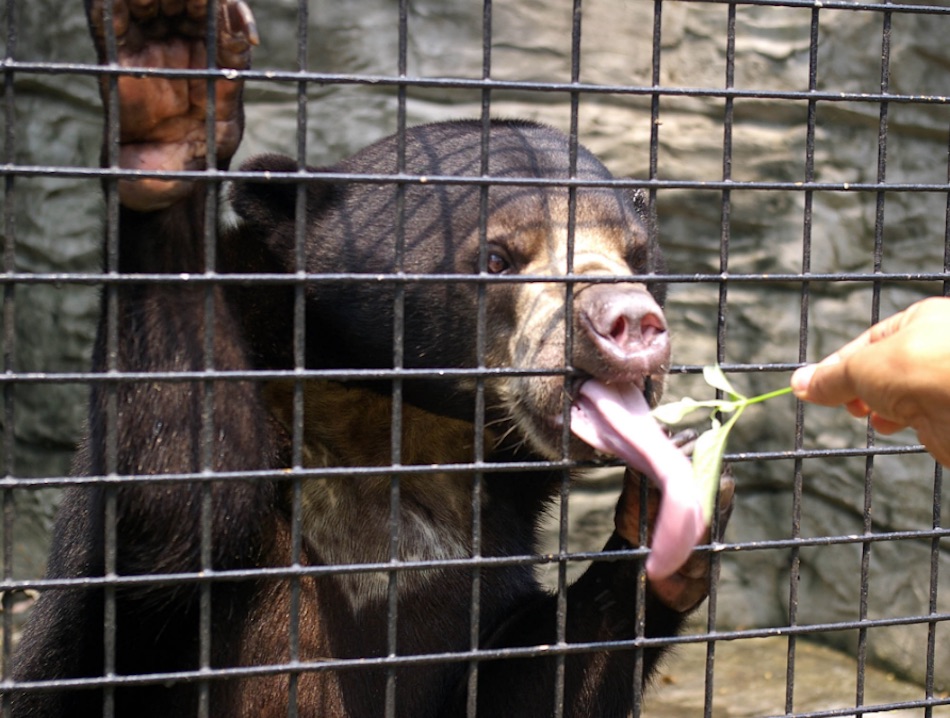
The experts determined that lymphatic filariasis, or elephantiasis, was likely to blame for the bear's condition.
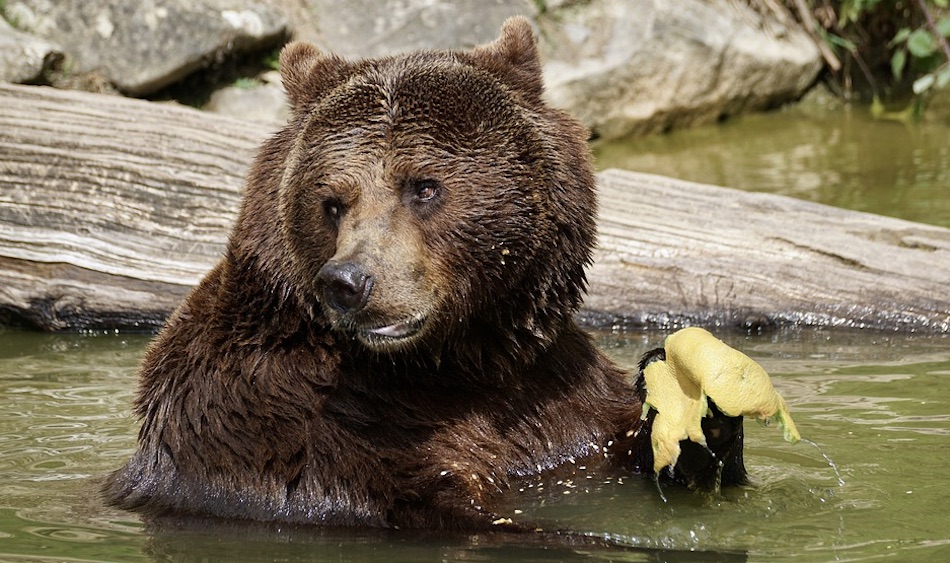
The disease causes swelling in some parts of the body and is transferred via a mosquito bite. It's been documented in humans, but this is the first time it's been seen in a bear.
Please SHARE if you're glad this young bear is finally feeling like himself!




